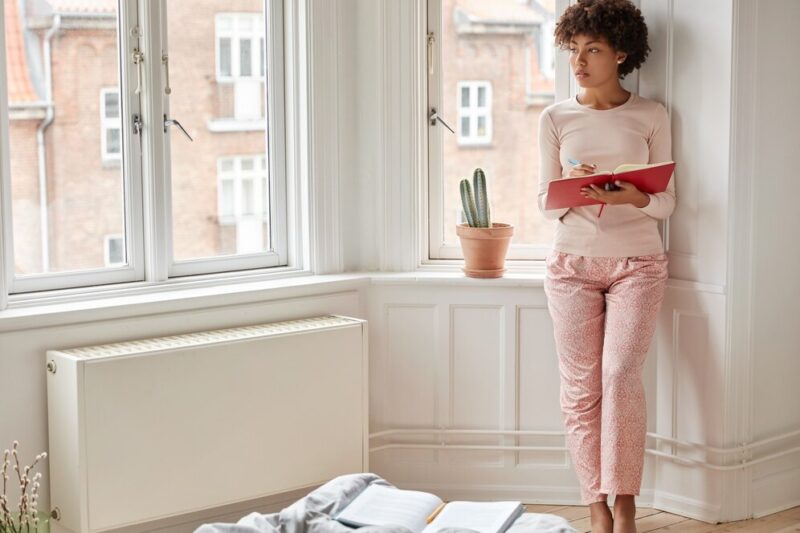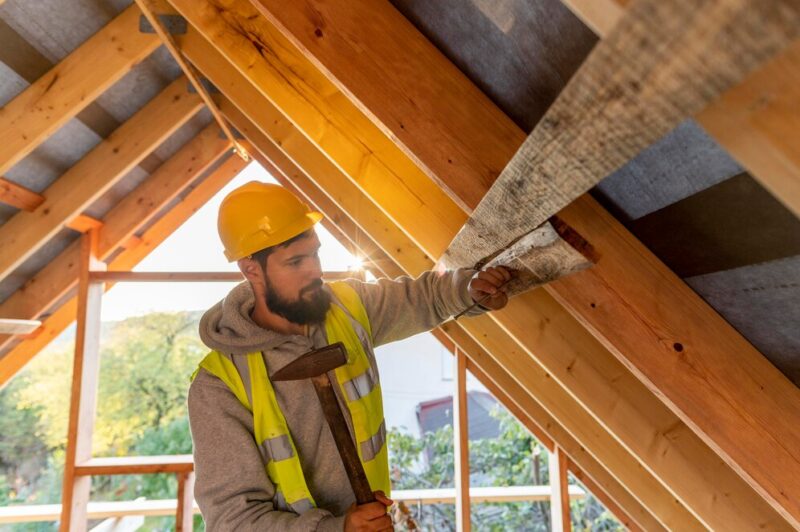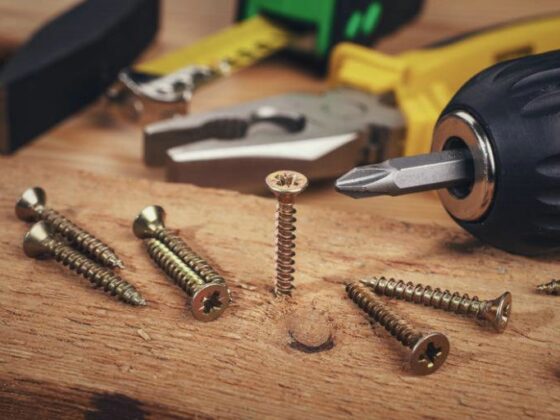UK households are facing an unfortunate reckoning of late, as domestic energy bills continue to rise. The recent news of a further rise to Ofgem’s energy price cap comes as a massive blow to many families already struggling with household costs, as the after-effects of the cost-of-living crisis continue to impact millions.
With such energy cost increases, you may be finding it more important than ever to reckon with your home’s energy usage. Luckily, there are many ways to improving your home’s energy efficiency, which may enable you to cut costs without making any difficult lifestyle-related decisions or compromises. What follow are four of the most impactful ways you can help reduce your energy costs, without risking going cold in the process.
1. Optimise Your Heating System

Firstly, and perhaps most effectively of all, you should engage with your home’s heating system. Not everyone has the up-front cash to install state-of-the-art ground-source heat pumps, but even a slight change in how you use your existing central heating system can lead to significant savings.
For instance, small habitual changes like lowering your thermostat by just one degree can add up to saving a considerable amount of money. Additionally, adjusting the flow temperature on your combi boiler from 80°C to 60°C can make a major impact on energy costs without actively impacting your day-to-day life. Ensuring your boiler gets its regular check-ups from a Gas Safe engineer will also guarantee it’s running as efficiently as it can.
2. Eliminate Standby Power Consumption
Another habitual change that doesn’t meaningfully impact your comfort levels relates to the status of your home tech. A great many appliances consume energy even in standby mode, which can contribute to higher bills over time. In most cases, the savings are marginal, but some households are bigger (and costlier) than others. As such, endeavouring to unplug devices when not in use, or to employ power strips to turn off multiple devices simultaneously, can make for not-insignificant annual energy savings.
3. Enhance Home Insulation

Insulating your home is the most impactful of passive routes to reducing your home’s energy usage. Proper insulation in your loft and walls retains heat, enabling you to engage your boiler for heating less each day. You will already have double-glazed windows and insulated doors, but you may not have properly considered your home’s utility spaces; try upgrading to insulated garage doors to prevent heat loss in connected utility spaces.
4. Switch to Energy-Efficient Lightbulbs
Turning lights off as you leave rooms is an obvious habitual change, but the positive impacts of this can be rendered negligible by the far more impactful undertaking of replacing your home’s light bulbs with LED light bulbs. LED light bulbs are commonplace and inexpensive now – and not only do they last longer, but they also use very little energy to shine brightly.
5. Small Habitual Changes
There are other small ways in which you can make a major difference to the energy efficiency of your home – which, in tandem with the above investments and resolutions, can amount to significant monthly energy cost reductions. Reducing your shower time to four minutes can collectively save hundreds of pounds each year, as can washing clothes at 30 degrees and air-drying them instead of using a tumble dryer.
By implementing all of the above strategies, your household can cumulatively save hundreds in energy costs each year. There’s no predicting the future of domestic energy prices, but there is control over your home environment; a little investment can go a long way to futureproofing your home from energy costs and from reduced reliance on central heating.


